
Research, development, and dissemination of educational approaches
to break the cycle of poverty, inequality, and abuse
Project Content
Social issues to be addressed
In Japan, one in seven children lives in poverty. For single-parent households, this figure rises to one in two (*).
The term "cycle of poverty" refers to a situation where children born into poverty struggle to escape these conditions even as they reach adulthood. In some cases, they may find themselves forced to establish their own families under similar financial hardships. Specifically, when parents have low incomes, their children may not have access to sufficient education, reducing their chances of pursuing higher education or securing stable employment. Factors beyond a child's control—such as parental income and educational background—directly impact their academic achievement and educational opportunities, ultimately shaping their future socioeconomic status and career prospects.
(*)Measures to Address Child Poverty(Ministry of Health, Labour and Welfare)
Approach
Education is one of the most effective ways to break the “cycle of poverty.” Supporting children's learning and higher education opportunities can help prevent them from falling into poverty as adults and has been shown to play a crucial role in disrupting intergenerational poverty.
At Osaka Municipal Ikuno Minami Elementary School (now Tajima Minami Elementary and Junior High School), teachers who work with children on the ground have developed and put into practice the "Education for Living" program. "Education for Living" is an educational program for children to acquire the knowledge and values necessary to overcome life's difficulties, including poverty, inequality, and abuse. The program includes abuse prevention education (covering topics on safety, security, hygiene, childcare and parenting experiences, and disability awareness, etc.) and therapeutic education (incorporating life story work, children's rights education, and career education, etc.). Through this approach, children learn how to build relationships that are neither controlling nor dependent. They also develop the ability to seek and accept support - “help-seeking”, gain an understanding of their rights, and cultivate a sense of identity by connecting one’s past, present, and future.
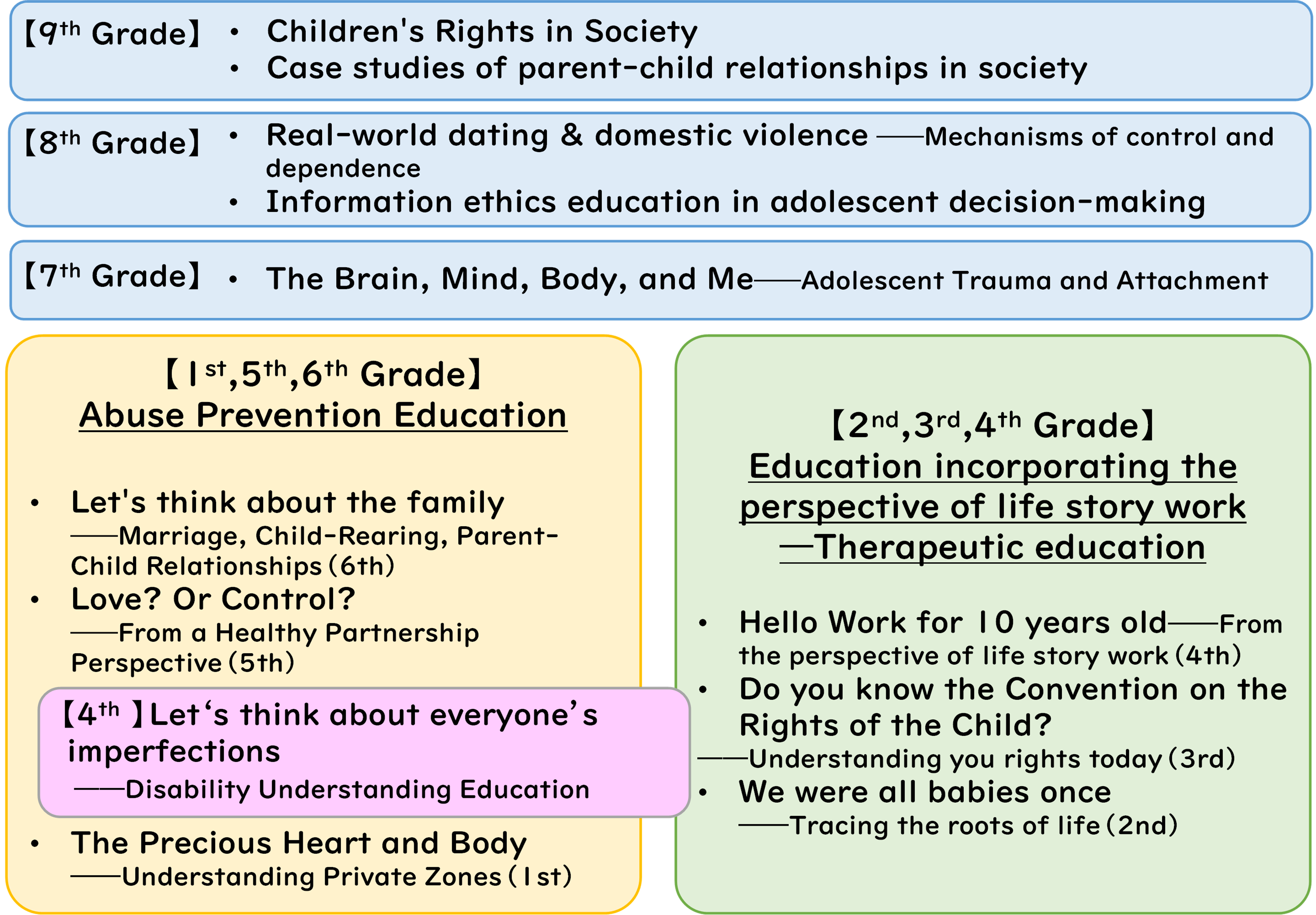
"Education for Living" contains a lot of meaningful content not only for children in difficult situations, but for all children and adults. In order to promote the spread of "Education for Living", this project aims to convey its importance to society and build a system to support practitioners.
What we will do in this project
- Basic research to clarify the importance of "Education for Living"
- Basic research to spread "Education for Living"
- An attempt to popularize " Education for Living " among teachers and schools
- Development of content and organizational structures of " Education for Living"
- Dissemination of information on " Education for Living"
Project Representative
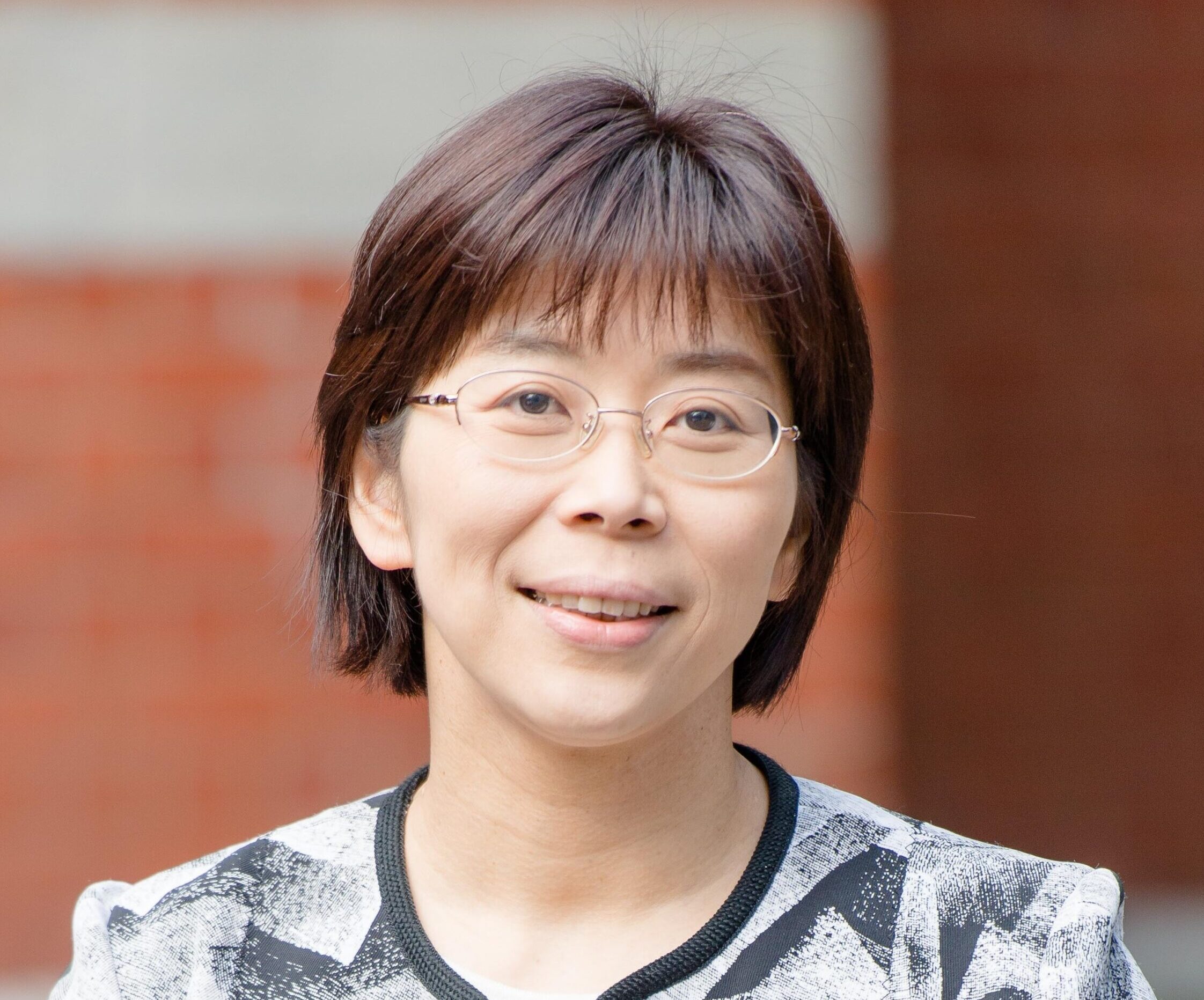
Graduate School of Education, Kyoto University
Professor
Center of Collaboration in Innovation and Educational Practice
Director
Kanae Nishioka (Kanae Nishioka)
Learn more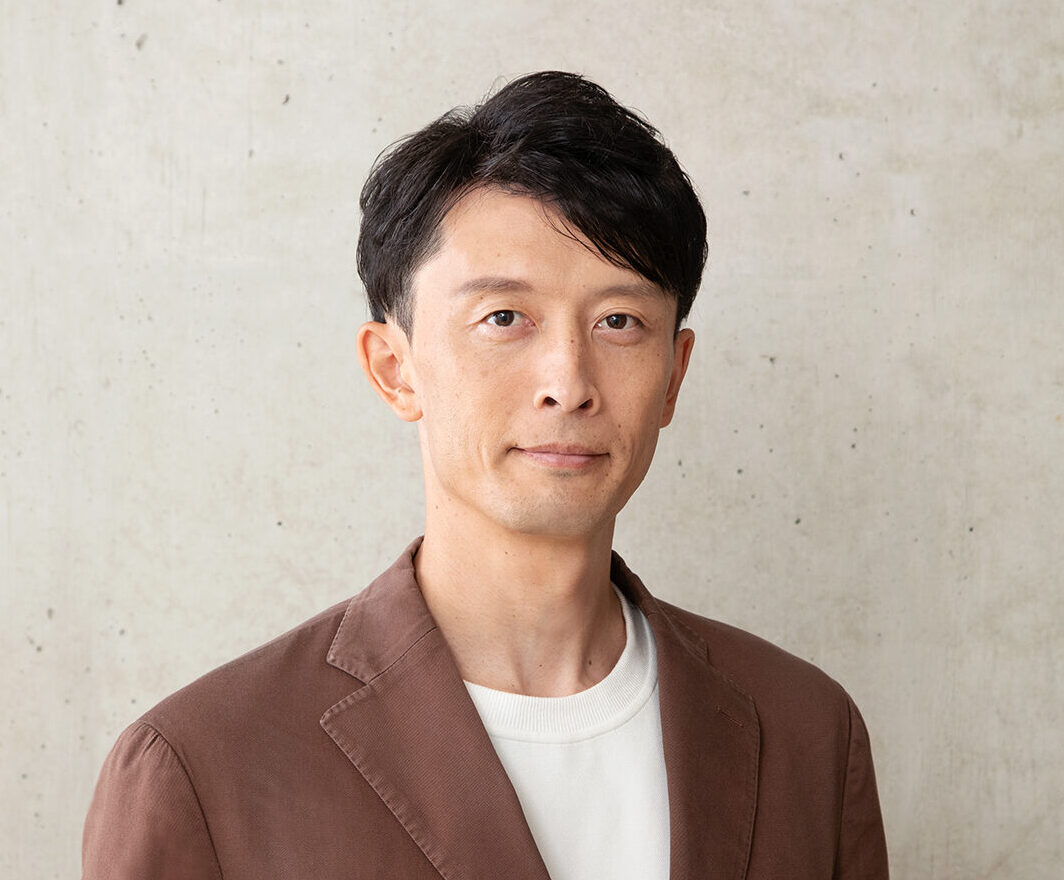
Japan Research Institute, Ltd.
Center for Emergent Strategies
Incubation Producer
Naoki Yamamoto (Yamamoto Naoki)
Learn moreProject Members
-
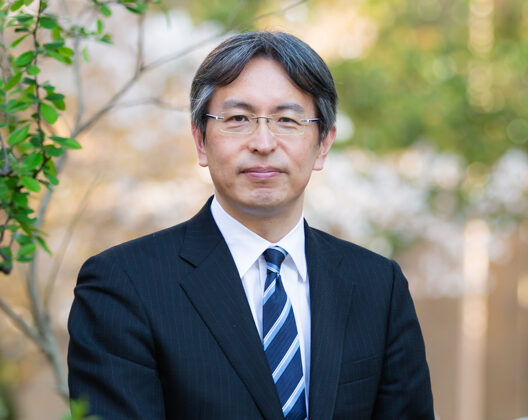
Graduate School of Education, Kyoto University
ProfessorHirotaka Nanbu (Nanbu Hirotaka)
Learn more -
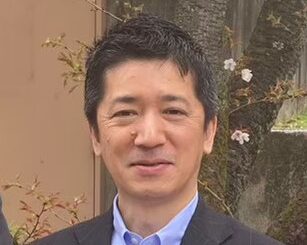
Graduate School of Education, Kyoto University
ProfessorTakeshi Okabe (Takeshi Okabe)
Learn more -
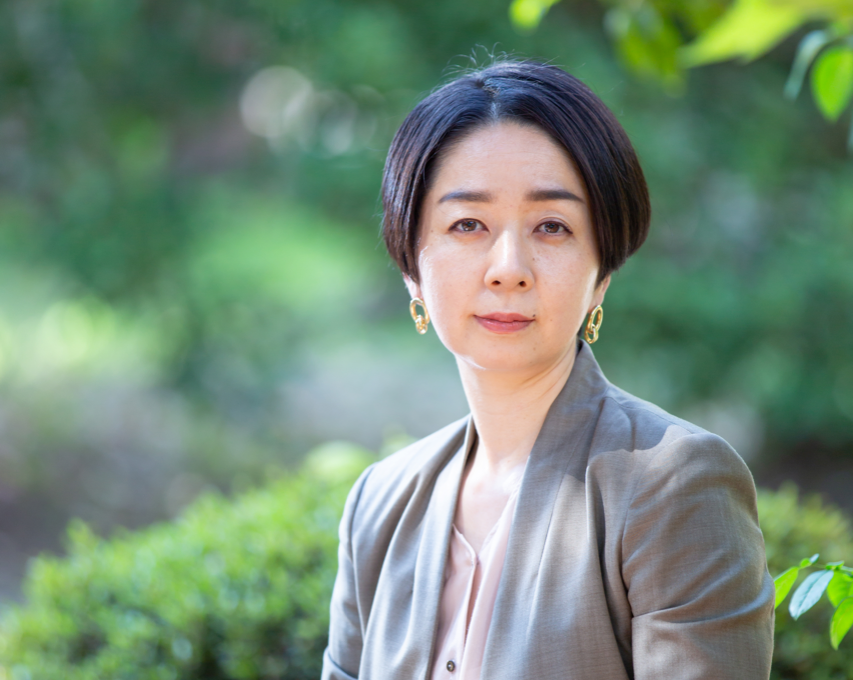
Graduate School of Education, Kyoto University
Associate ProfessorMinako Nishi (Minako Nishi)
Learn more -
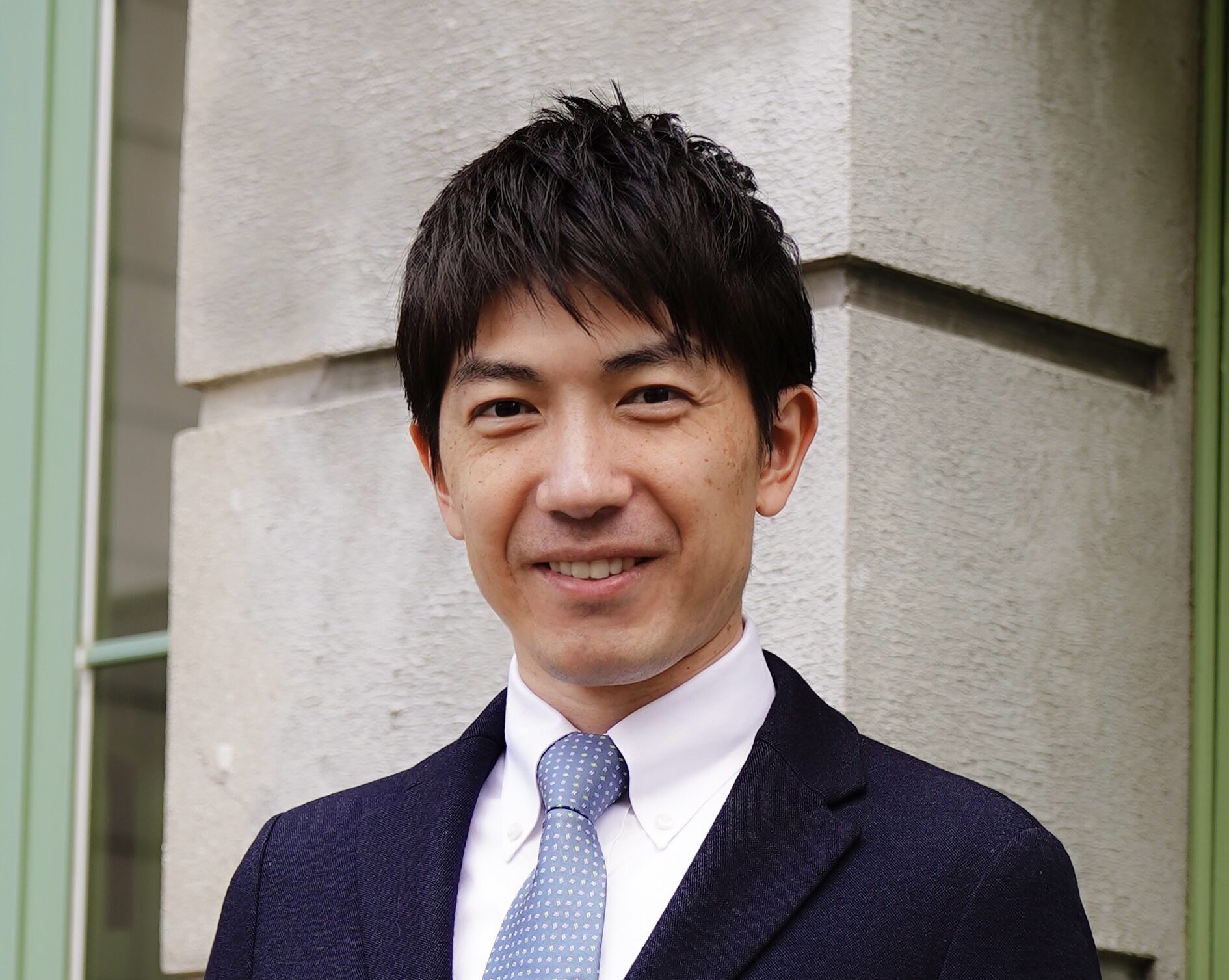
Graduate School of Education, Kyoto University
Associate ProfessorYusuke Takahashi (Yusuke Takahashi)
Learn more -

Graduate School of Education, Kyoto University
Associate Professor
Kota Tohma (Touma Kota)
Learn more -
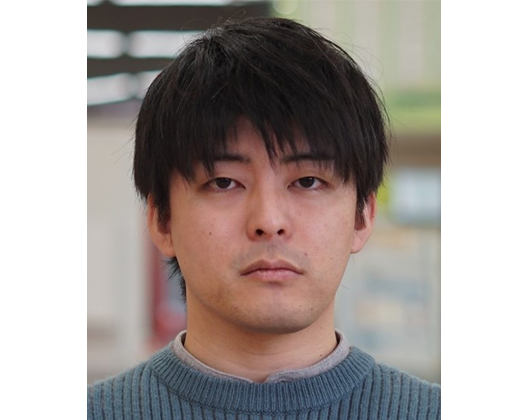
Graduate School of Education, Kyoto University
Lecturer
Takahito Okumura (Takahito Okumura)
Learn more -

Graduate School of Education, Kyoto University
Special Assistant Professor
Takahito Saito (Takahito Saito)
Learn more -
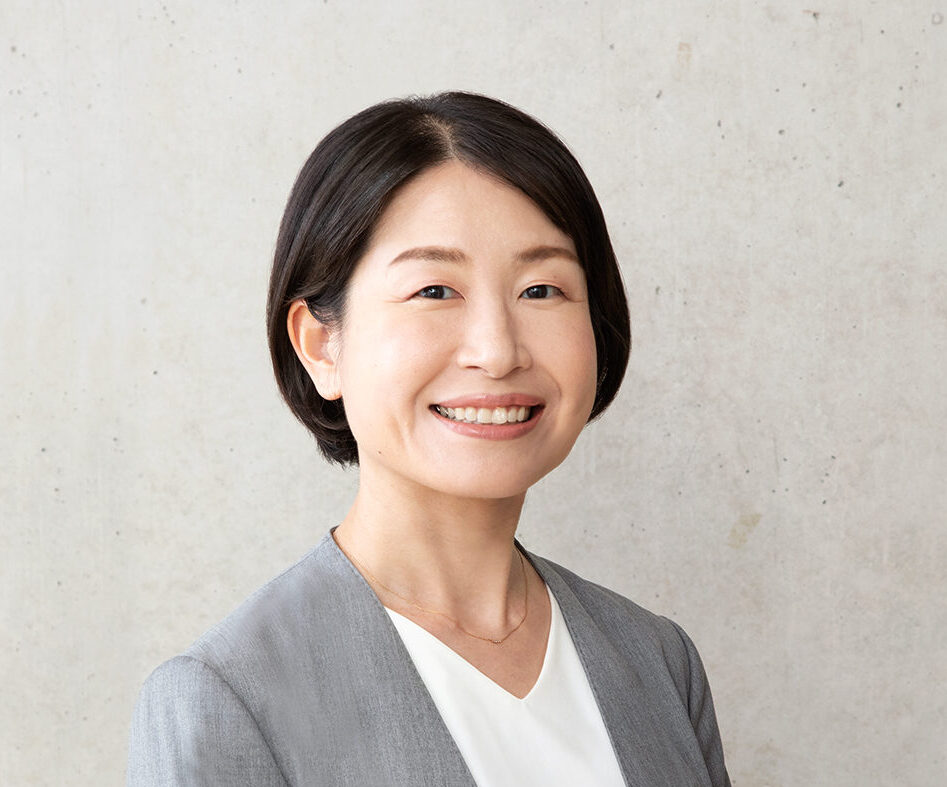
Japan Research Institute, Ltd.
Center for Emergent Strategies
Incubation ProducerSonoko Yasuhira (Yasuhira Sonoko)
Learn more -
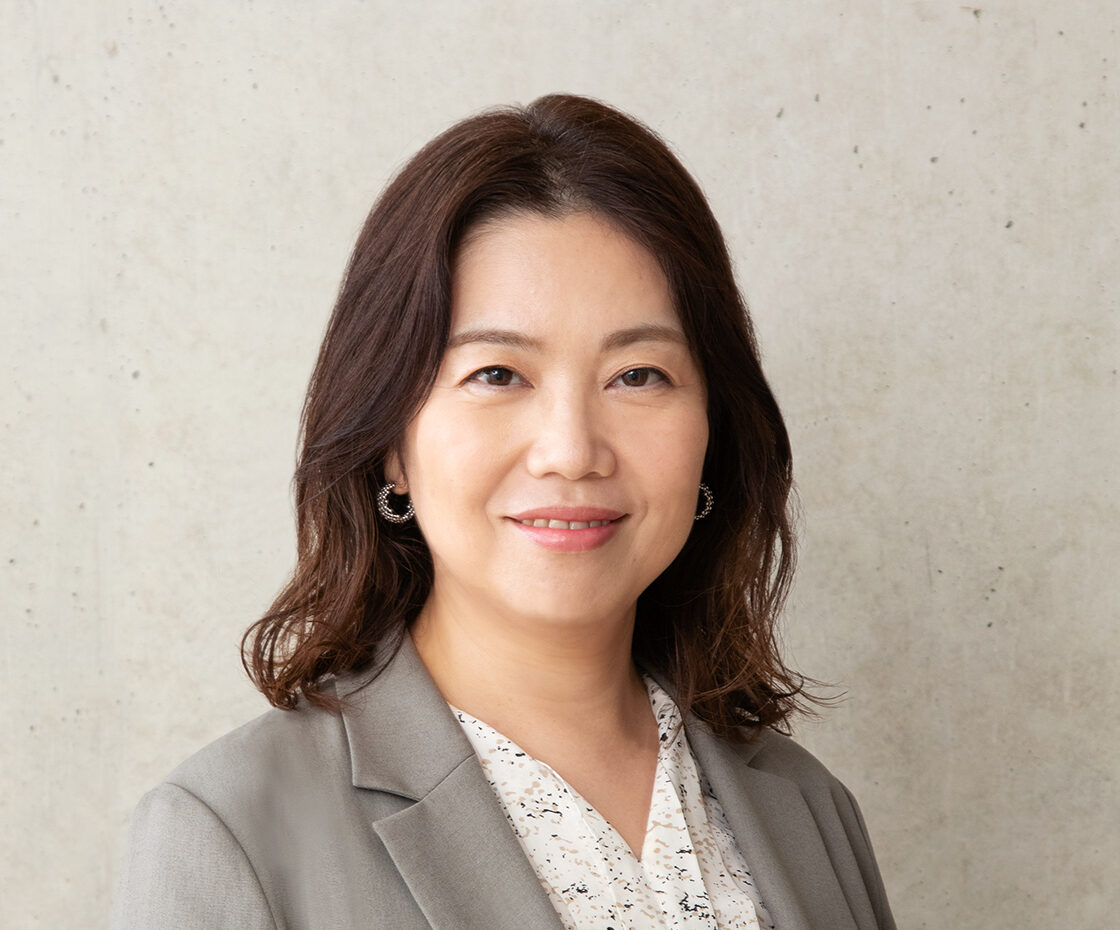
Japan Research Institute, Ltd.
Center for Emergent Strategies
consultantNoriko Senaha (Noriko Senaha)
Learn more
Latest Articles
-

Presentation Report
"Living" Education
What is "accompanying" and "co-creation" in schools? Towards collaboration between schools, companies, and different fields -

(3/20) The 6th "Education for Living" Workshop will be held
"Living" Education -

Researcher Column: Research into Teacher Craftsmanship and the Support that Brings It Out (3) Mr. Maeda, a consultant for fun schools, talks about "Support"
"Living" Education
We develop and disseminate educational approaches to help children overcome life’s challenges.